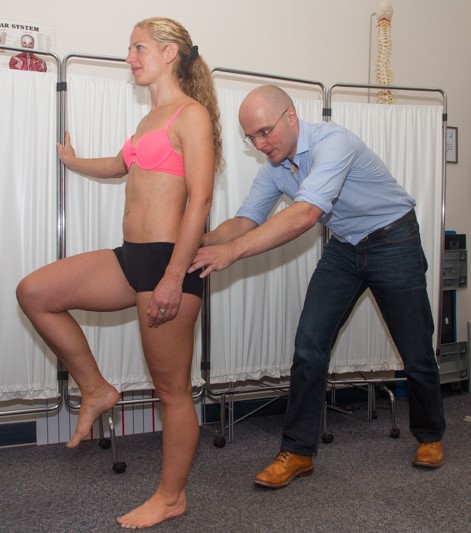What to Wear & What Will Happen

We work without a receptionist. When you arrive the door will be open but we might not be able to greet you personally. Please find your way through to the waiting room at the back of the building and make yourself comfortable. We will come and find you as soon as we are clear.
Chaperones
Some patients like to bring a chaperone with them. This can be anybody you know and are comfortable with. This person can either wait in the waiting room or come into the appointment with you. You should be aware we will ask lots of questions about your health history. Your chaperone should be somebody you are comfortable discussing this in front of. Please note we are not able to provide a chaperone for you.
Health History Questions
We might ask questions about your full health history (including female gynaecological health eg regularity of periods, previous pregnancies, self-examination etc) This is because we work to very high standards, taking responsibility for your full health. So please rest assured we have your best interest at heart. If you are unsure why a question is relevant please feel free to ask.
Undressing
We ask people to undress down to their underwear for examination and treatment. This will involve a standing and movement exam. We understand people can feel vulnerable in this situation but we do it because it is important for us to see exactly how your body moves and identify any restrictions or postural differences. Full briefs and bra are the ideal underwear for this purpose. However, if you don’t feel comfortable with this we regularly treat people in shorts, leggings, tracksuit bottoms, sports bras, crop tops, T-shirts or whatever you feel comfortable in.
Standing and Movement Exam
This will involve you standing in front of us whilst we examine your body for signs of tight muscles, trauma and or postural differences. We will ask you to do certain movements which will also help us identify any restrictions. We will then palpate (feel) the muscles and joints to assess their condition. This may include other regions of the body because it is important for us to see and feel how the whole body is compensating for, or maintaining your symptoms.
Ask questions
We will try and explain what we are doing and why at every step of the way but please remember this is second nature to us. We might, and do occasionally, forget to explain something which is normal to us but might seem a bit strange to you. Please don’t hesitate to ask any questions. We like questions!
Finally
You have the right to stop treatment at any time and you do not need to explain why. If you wish to stop any part of treatment or even the whole treatment please just say so. You have control!